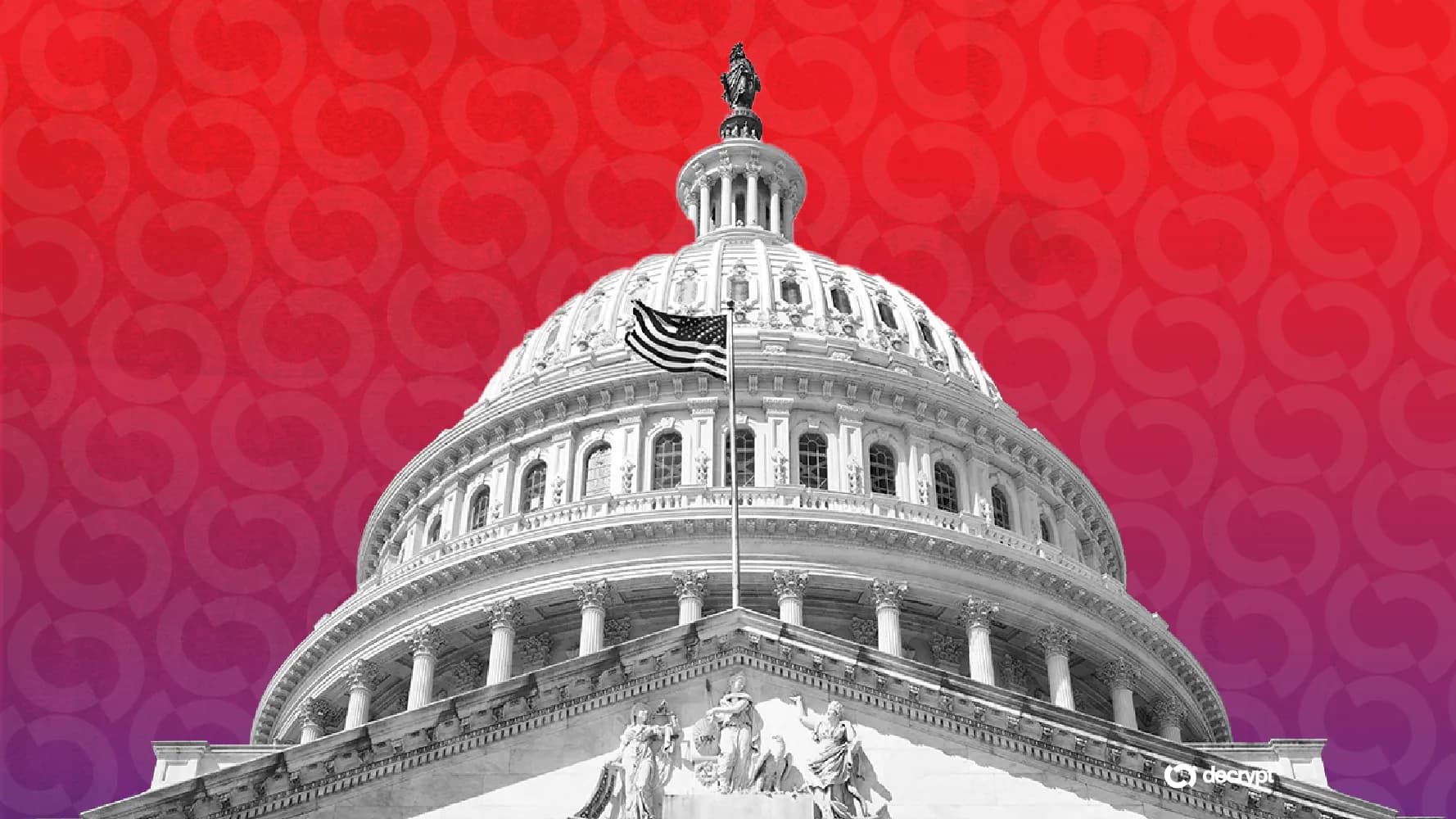Crypto Industry Makes Tax Policy Push With Private Dinner for Lawmakers

News Summary
In 2025, crypto industry leaders, through organizations like the American Innovation Project (AIP) and the Solana Policy Institute/Paradigm, are actively pushing for tax policy reforms in Congress and within the Trump administration. They hosted private dinners for House members and Capitol Hill staffers to "educate" them on the lack of clarity surrounding crypto tax policy. The Solana Policy Institute, Paradigm, and over 60 other crypto organizations have sent a letter to the White House, urging President Trump to take swift action on "quick wins" achievable by executive order. Tax policy is at the top of this agenda, with key priorities being a de minimis exemption for small crypto sales and everyday purchases, and favorable tax policies for crypto staking rewards. These industry groups are also actively working with pro-crypto lawmakers in Congress, including Senator Cynthia Lummis and members of the House Ways and Means Committee, to craft related tax legislation.
Background
Currently (2025), a crypto market structure bill is progressing through the Senate. Concurrently, the crypto industry has long grappled with a lack of clarity surrounding tax policy, which has hindered its mainstream adoption and growth. A particularly contentious issue has been the timing of taxation for crypto staking rewards (whether taxed when earned or when sold). The industry's push for a "de minimis exemption" would allow small crypto transactions to be tax-free, thereby encouraging the use of cryptocurrencies in everyday payments. These policy demands represent the crypto industry's ongoing efforts to secure a clearer and more favorable regulatory environment.
In-Depth AI Insights
What are the strategic considerations and potential impacts of the crypto industry's dual-pronged lobbying approach targeting both Congress and the White House? - The crypto industry's simultaneous pressure on both Congress and the White House aims for policy breakthroughs through both legislative and executive channels. This strategy suggests the industry recognizes the lengthy and uncertain nature of congressional legislation, while executive action, especially under the Trump administration, might offer quicker, more direct "quick wins." - This parallel approach helps de-risk policy efforts; even if congressional legislation stalls, the executive branch might still advance key policies, such as tax guidance. This reflects the industry's growing sophistication in regulatory engagement, maximizing all available political leverage. How might a de minimis exemption and favorable staking rewards tax policies impact crypto adoption and market liquidity? - Boost Everyday Use and Micro-Transactions: A de minimis exemption would significantly reduce the tax complexity and cost for consumers using cryptocurrencies for small, everyday payments. This would encourage practical application beyond mere investment, expanding the user base. - Stimulate Staking Economy and Network Security: Clear and favorable tax policies for staking rewards would reduce tax burdens and uncertainty for stakers, incentivizing greater participation in PoS networks, enhancing decentralization and security. This could further attract institutional investors to the staking market, boosting overall crypto asset liquidity. - Potential Market Valuation Effect: Tax clarity and favorable policies would lower compliance costs and investment risks, potentially attracting more mainstream and retail capital, which could positively impact the long-term valuation of crypto assets. Beyond the stated purpose of "education," what are the long-term political positioning goals of these crypto industry groups under the Trump administration? - Consolidate Political Influence: By building relationships with key legislators and executive officials, the industry aims to elevate crypto issues from the periphery to the mainstream political agenda, making it a bipartisan concern. Private dinners are an effective way to forge personal connections and exert soft influence. - Shape the Regulatory Framework: The industry isn't just seeking temporary policy favors but aims to deeply participate in shaping the future crypto regulatory framework from an early stage. Through "education" and policy recommendations, they attempt to embed their interests and philosophies into forthcoming regulations, preventing overly restrictive or impractical rules. - Capitalize on the Political Cycle: During the Trump administration's tenure, the industry likely sees a window to push for pro-business, deregulation-oriented policies. By actively engaging, they aim to position themselves as drivers of innovation and economic growth, garnering support within the broader political narrative and laying a foundation for long-term industry development.